|
  
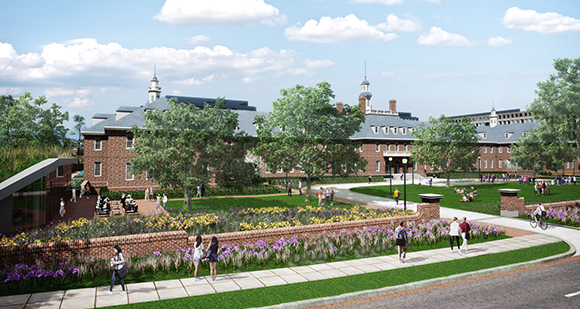 |
Will highly educated talent choose mixed-use properties? Developers are
banking on it..
|
|
|
FROM SITE
SELECTION MAGAZINE, JANUARY 2022 ISSUE
|
 |
RANKINGS
Based on an index of objective criteria, these state rankings
suggest which states have the workforce apparatus most likely to be
of use to those seeking jobs and to those on the recruitment side of
the table.
|
|
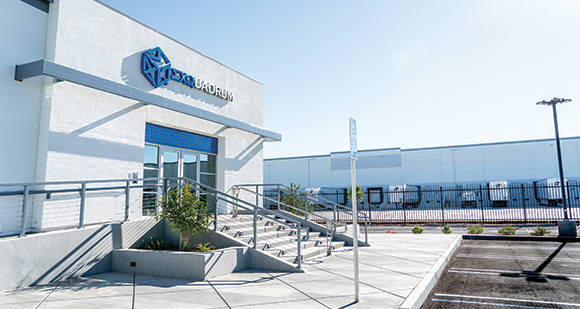 |
INVESTMENT PROFILE: SAN BERNARDINO COUNTY, CALIFORNIA
A new training center in Victorville delivers space age education.
|
|
 |
EDITOR’S VIEW
“Perhaps we’re all a little trepidatious heading into the new year,”
writes Editor in Chief Mark Arend. But activity in the EV arena and
record project numbers in many states may boost trend lines in 2022.
|
|

|
HIGHER EDUCATION
Multiple schools team up to train the workforce of today and
tomorrow.
|
|
 |
MILITARY VETERANS
Two economic development leaders describe how one program makes a
difference in the lives of veterans and the vitality of Clinton,
Iowa.
|
|

|
  |
India
UK-based electric scooter and e-bike company One Moto announced last
week its plans to set up this manufacturing complex for both
scooters and lithium-ion batteries on 15 acres in Hyderabad, with up
to 500 direct jobs and 2,000 indirect jobs to be created in the
Zaheerabad National Investment and Manufacturing Zone (NIMZ) in the
state of Telangana. “The idea is to manage all the production in
India and cater to the growing market,” Muzammil Riyaz, partner and
promoter of One Moto India, said in The New Indian Express. “We aim
to manufacture at least 40,000 units in the first phase and the
capacity can easily be enhanced to 100,000 in two years’ time.”
California
Founded in Sydney, Australia, this “buy now, pay later” payment
technology company last year announced its choice of the historic
11-story Phelan Building on Market Street as the site of its new
North American HQ. The company called the location ideally situated
between the technology and retail hubs of the Financial District and
Union Square. The company’s 300-plus employees in the Bay Area (part
of a global headcount of approximately 1,300), will occupy 50,000
sq. ft. across two floors. The office layout will support Afterpay’s
new flexible workplace approach (office, remote or hybrid) with such
features as more than 25 conference rooms, a large space to host
company-wide meetings and events, a product testing lab, a game
area, a full-service coffee bar and several open collaboration
spaces. “Afterpay’s new office and its location perfectly captures
Afterpay’s business at the intersection of technology, finance,
shopping and culture,” said Nick Molnar, Co-CEO and Co-Founder at
Afterpay.
|
|
|
2021 GEORGIA
ECONOMIC DEVELOPMENT GUIDE
|
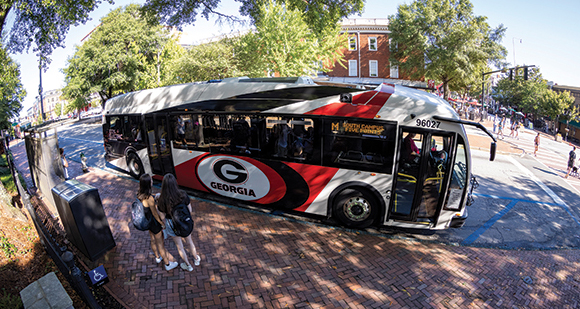
|
|
|
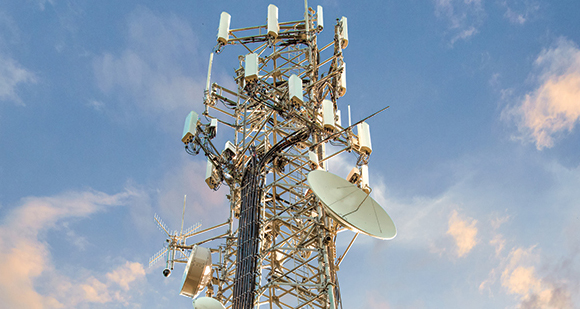 |
UTILITIES & BROADBAND
Broadband initiatives connect Georgia’s rural regions to the globe.
|
|
|
SITE
SELECTION RECOMMENDS
|
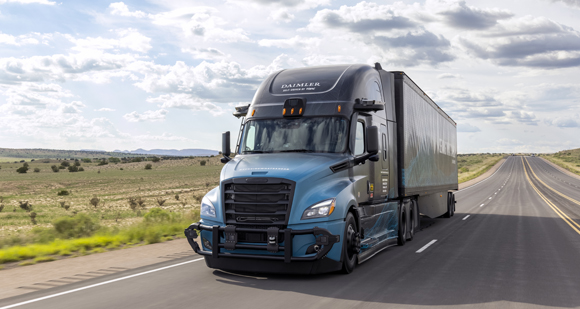
|
Torc Robotics test drives a truck in the U.S. Southwest. |
|
Photo courtesy of Torc Robotics |
|
|
Ever since Site Selection’s Ron Starner reported
in October 2018 about his visit to Torc Robotics, the
Virginia-based developer of self-driving trucks has experienced
tremendous growth that includes joining the Daimler Truck family as
an independent subsidiary in 2020, and opening a test center in
Albuquerque, New Mexico. Last week the company announced yet another
expansion will take place in early 2022: a new 21,000-sq.-ft. office
in Austin, Texas. “We are aggressively hiring key talent in
Engineering and Product Development to support our strategic growth.
With Austin’s relatively low cost of living as compared to other
major cities in the U.S. and high quality of life, it was the
logical choice for our new facility,” said Mike Avitabile, vice
president of engineering. “The local talent pool is impressive, and
the city is also known for being innovative, collaborative, and
entrepreneurial.”
Other reasons for the location choice included the city’s location
along the Southwest shipping corridor, a key area for long-haul
freight travel in the U.S. While the Texas facility will host mainly
software development teams, Torc also plans to utilize the area to
expand autonomous test truck development. “Trucking is the backbone
of the U.S. economy, and we predict hauling freight will be the
first successful commercial application of self-driving on-road
vehicles,” said Michael Fleming, Torc Founder and CEO.
|
|
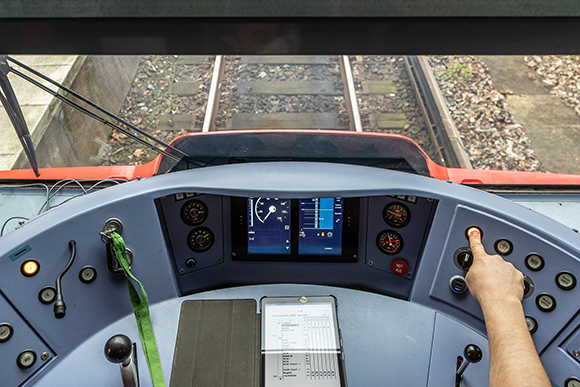
|
Photo courtesy of Siemens
|
Deutsche Bahn (DB) and Siemens Mobility recently announced they had
developed the world’s first train that operates by itself in rail traffic.
Dr. Richard Lutz, CEO of DB, and Dr. Roland Busch, CEO of Siemens AG,
together with Dr. Peter Tschentscher, Mayor of Hamburg, presented the train
in October 2021 as it made its debut as part of the Digital S-Bahn Hamburg project.
|
|
|

